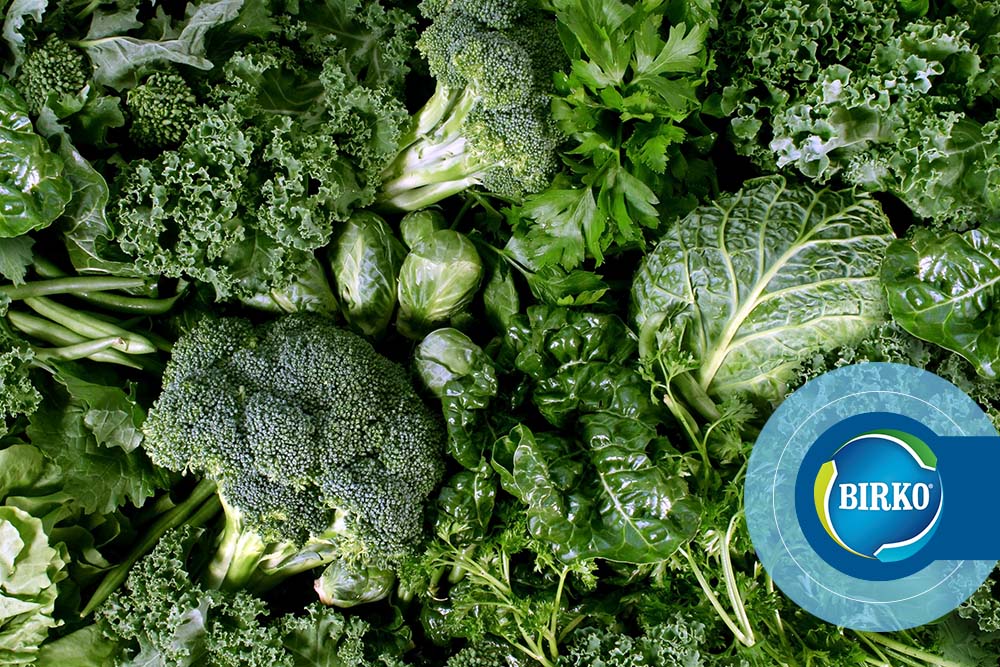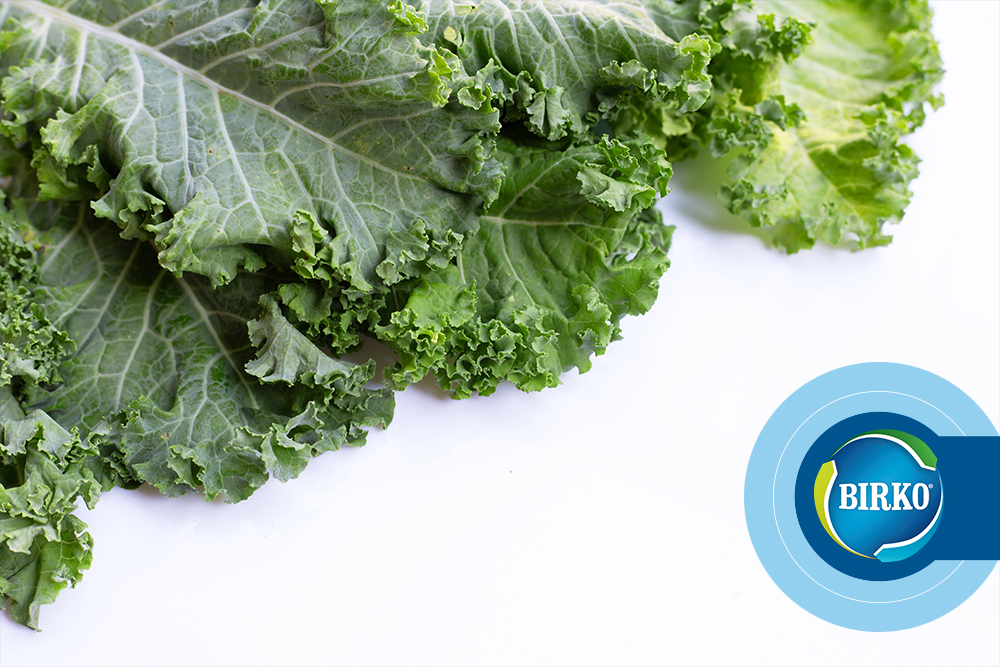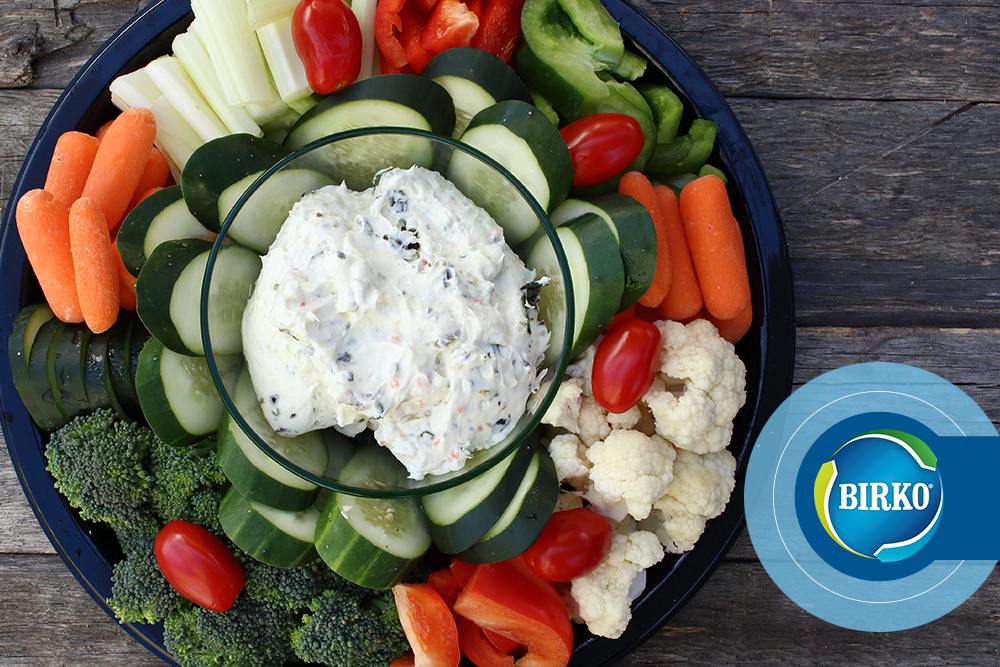The recent Indiana cantaloupe recall for Salmonella might beg the question, “What is going on? Haven’t we learned anything from last year’s Listeria outbreak in Colorado cantaloupe that killed over 30 people?” To answer that question, yes. The industry is taking steps to correct the problem(s) from happening again. A group of industry growers, packers, shippers, retailers and food safety experts have been participating in making revisions to the “Commodity-Specific Food Safety Guidelines For The Production, Harvest and Post-Harvest Handling of Cantaloupes and Netted Melons.” These changes will hopefully result in safer cantaloupe for the consumer in the future (please visit the following link for more information: http://www.cantaloupe-guidance.org/ )
Many of the guidelines being improved upon are covered in the two FDA links below discussing the Food Safety Modernization Act (FMSA, signed into law by President Obama on Jan. 4, 2011). The first link explains the FSMA’s focus on preventative control and the second, section 103, is devoted to the “Hazard Analysis and Risk-Based Preventative Controls.”
http://www.fda.gov/Food/FoodSafety/FSMA/ucm256826.htm
http://www.fda.gov/Food/FoodSafety/FSMA/ucm247548.htm
So, you ask, “What makes cantaloupe different than other produce?” Answer: cantaloupe are netted melons (opposed to smooth melons like watermelon), which makes cantaloupe much more difficult to clean and sanitize. All of the little “nooks and crannies” create little pockets where soil and organisms can reside. That is why it is so important for the end consumer to properly wash cantaloupe before cutting into them to keep the knife from dragging exterior contaminants into the inside of the cantaloupe. All of the laws, recommendations, and revised guidelines will not change the fact that it will not be possible for the industry to check each and every cantaloupe at each step along the process. It is still going to be very important for the consumer to also take the time to wash the cantaloupe before cutting into it to make sure the final step in the food safety chain is maintained. We all need to do our part, too.








